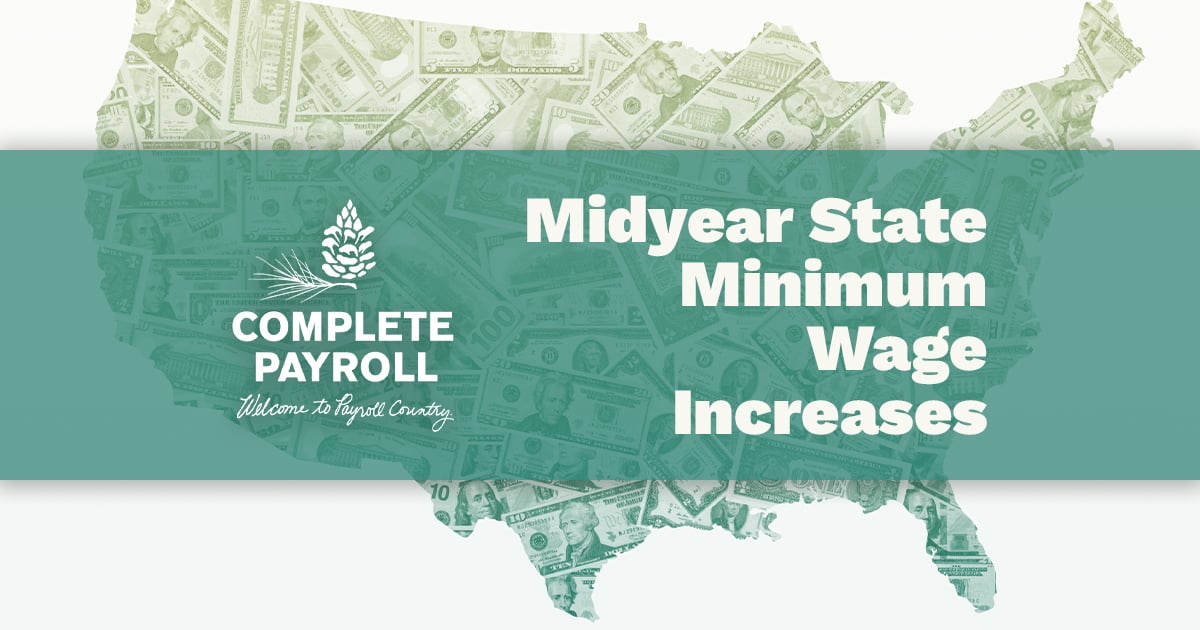Federal Equal Pay Act
Overview of Law
The Equal Pay Act requires that men and women be given equal pay for equal work in the same establishment. The jobs need not be identical, but they must be substantially equal. It is job content, not job titles, that determines whether jobs are substantially equal. Specifically, the EPA provides that employers may not pay unequal wages to men and women who perform jobs that require substantially equal skill, effort, and responsibility, and that are performed under similar working conditions within the same establishment. Each of these factors is summarized below:
- Skill: Measured by factors such as the experience, ability, education, and training required to perform the job. The issue is what skills are required for the job, not what skills the individual employees may have. For example, two bookkeeping jobs could be considered equal under the EPA even if one of the job holders has a master's degree in physics since that degree would not be required for the job.
- Effort: The amount of physical or mental exertion needed to perform the job. For example, suppose that men and women work side by side on a line assembling machine parts. The person at the end of the line must also lift the assembled product as he or she completes the work and place it on aboard. That job requires more effort than the other assembly line jobs if the extra effort of lifting the assembled product off the line is substantial and is a regular part of the job. As a result, it would not be a violation to pay that person more, regardless of whether the job is held by a man or a woman.
- Responsibility: The degree of accountability required in performing the job. For example, a salesperson who has delegated the duty of determining whether to accept customers' personal checks has more responsibility than other salespeople. On the other hand, a minor difference in responsibility, such as turning out the lights at the end of the day, would not justify a pay differential.
- Working Conditions: This encompasses two factors: (1) physical surroundings like temperature, fumes, and ventilation; and (2) hazards.
- Establishment: The prohibition against compensation discrimination under the EPA applies only to jobs within an establishment. An establishment is a distinct physical place of business rather than an entire business or enterprise consisting of several places of business. In some circumstances, physically separate places of business may be treated as one establishment. For example, if a central administrative unit hires employees, sets their compensation, and assigns them to separate work locations, the separate work sites can be considered part of one establishment.
Pay differentials are permitted when they are based on seniority, merit, quantity or quality of production, or a factor other than sex. These are known as "affirmative defenses" and it is the employer's burden to prove that they apply.
In correcting a pay differential, no employee's pay may be reduced. Instead, the pay of the lower-paid employee(s) must be increased.
An assortment of Federal Acts that have been put into place that make workplace discrimination and harassment unlawful if it is based on race, color, age (over 40), sex, pregnancy, religion, disability, national origin, ethnic background, genetic information (including that of family members), military service, or citizenship or immigration status. See the general overview of the federal Equal Employment Opportunity laws here.
Got a labor law question?
Our team helps employers with labor law compliance every day. Complete the form below to ask a question or request some help.
General Disclaimer
The materials and information available at this website and included in this blog are for informational purposes only, are not intended for the purpose of providing legal advice, and may not be relied upon as legal advice. The employees of Complete Payroll are not

















